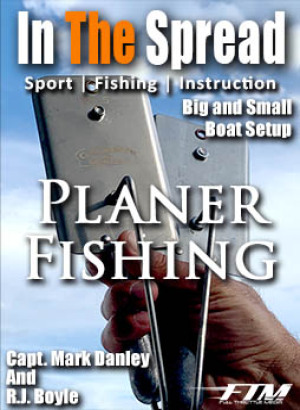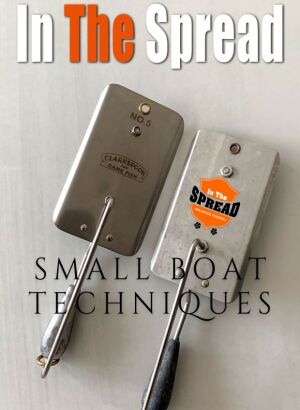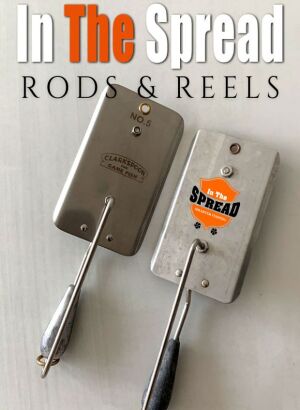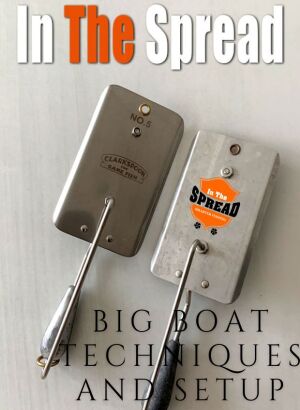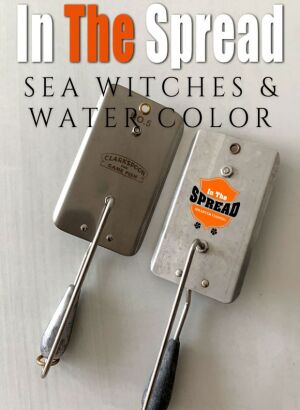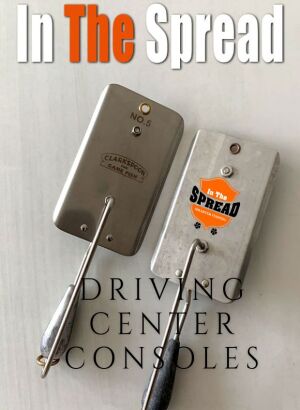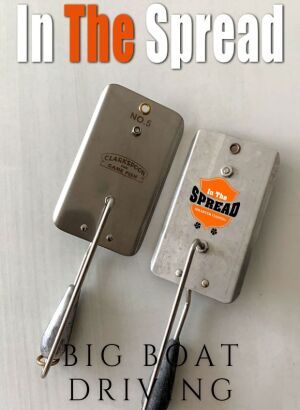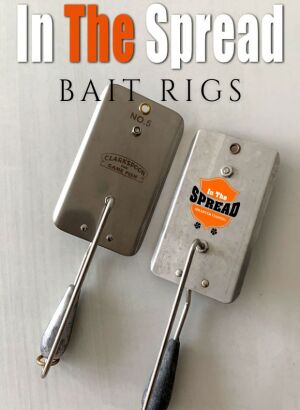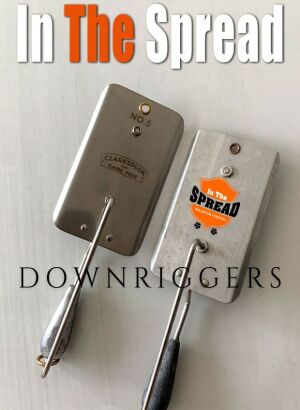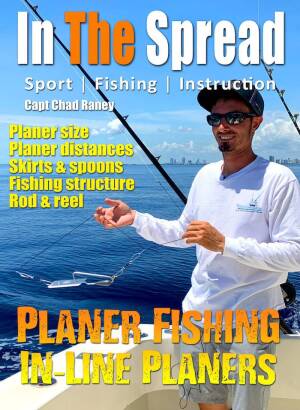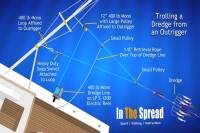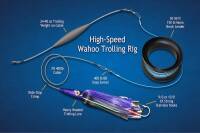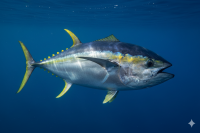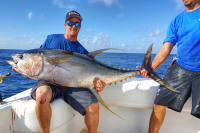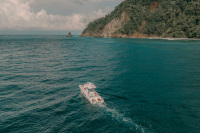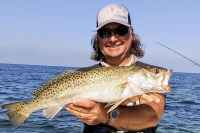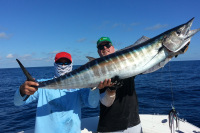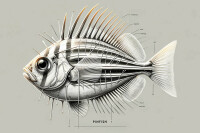Planer fishing systems harness water pressure to drive baits and lures down to specific depths without relying on heavy weights. Wind-on planers detach after hookup for superior fish fighting control, while in-line setups offer simpler rigging for anglers targeting wahoo, tuna, sailfish, and other offshore species.
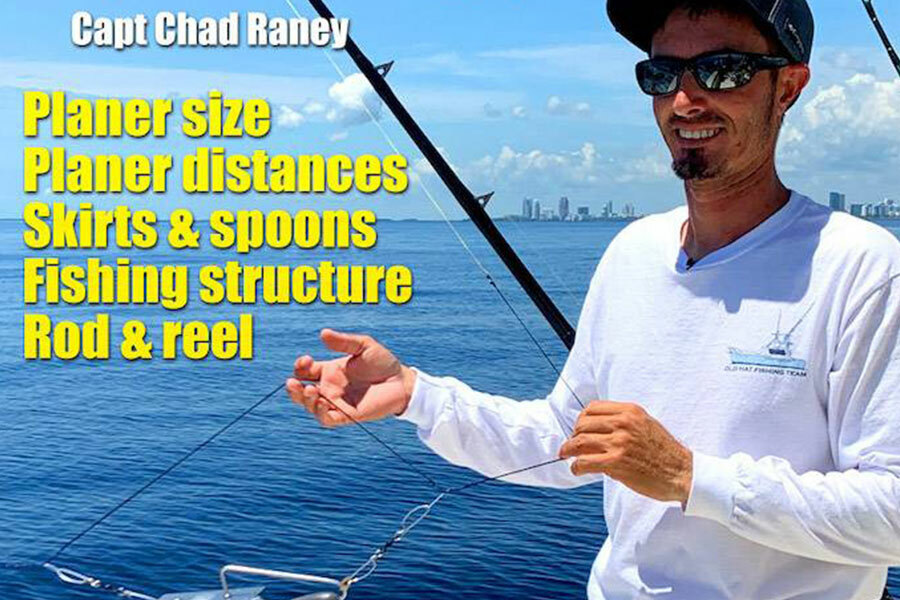
Wind-On vs In-Line Planer Fishing
Wind-On vs In-Line Planer Fishing: Master Deep Water Trolling Techniques
Most anglers miss 70% of available fish because they only target surface waters and the bottom. The real action happens in the middle water column, where game fish like wahoo, tuna, sailfish, and mackerel spend most of their time following baitfish. Planer fishing is the key to reaching this productive zone consistently.
What is Planer Fishing and Why Does It Work?
Wind-On vs In-Line Planer Systems: Which Should You Choose?
The two primary planer fishing methods offer distinct advantages depending on your fishing style and target species.
Wind-On Planer Fishing: The Modern Approach
- Consistent drag pressure from your reel instead of variable hand-lining tension
- Leader storage directly on your reel for convenient management
- Reduced equipment loss since the planer releases cleanly at the rod tip
- Better fish fighting control, especially with larger species
In-Line Planer Setup: Traditional Method
- Inconsistent pressure when fighting fish by hand
- Increased risk of pulling hooks or breaking light leaders
- Difficulty managing sudden fish runs near the boat
How to Set Up Planer Fishing Rigs for Maximum Success
Essential Equipment for Planer Fishing Setup
- #4 planers work best for speeds under 6 knots and moderate depths
- #6 planers handle higher speeds and deeper presentations effectively
- High-speed planers maintain proper angle at speeds approaching 15+ knots
- Medium-heavy to heavy action rods provide necessary backbone for planer pressure
- Conventional reels with strong drag systems handle sustained planer tension
- 100-pound PowerPro or equivalent offers thin diameter with exceptional strength
Step-by-Step Wind-On Planer Rigging
- Attach the bridle to your main line using the sliding connection system
- Connect the planer to the bridle through heavy-duty swivels
- Rig your leader with 75-80 feet of 100-pound fluorocarbon transitioning to mono
- Deploy the planer by letting out line while maintaining trolling speed
- Set the depth by controlling line length and monitoring planer angle
Planer Fishing Depth Control: How Deep Do Planers Go?
Understanding planer fishing depth calculations is crucial for targeting specific species and water columns effectively.
Basic Depth Formula
- 100 feet of line: Planer runs approximately 25-30 feet deep
- 200 feet of line: Planer reaches 40-50 feet deep
- 300 feet of line: Depth approaches 50-60 feet maximum
Speed and Depth Relationship
- 2-4 knots: Planer maintains steep angle, maximum depth per line length
- 6-8 knots: Optimal balance of depth and lure action for most species
- 10-12 knots: High-speed planers required, reduced depth efficiency
- 15+ knots: Specialized equipment needed, shallow presentations only
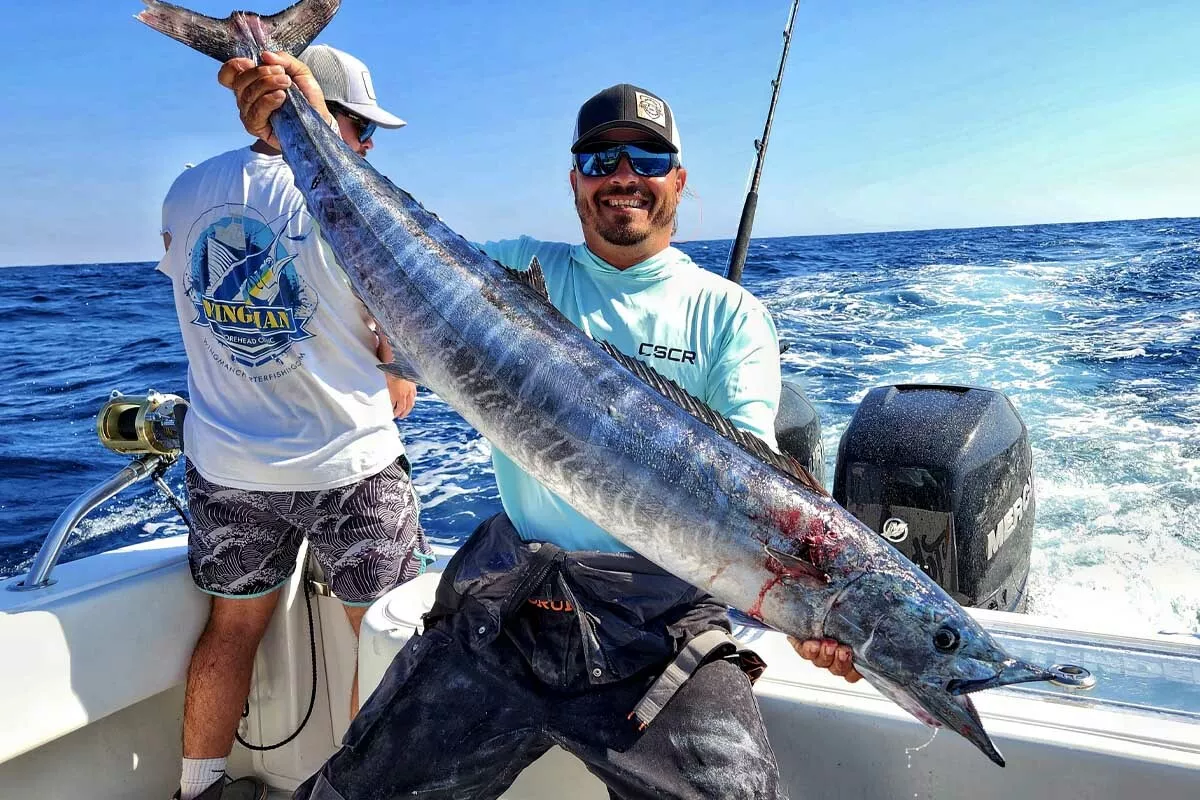
Species-Specific Planer Fishing Techniques
Wahoo Planer Fishing Strategy
Planer fishing for wahoo works effectively at both slow and high speeds in the 20-40 foot range. For high-speed applications (8-12 knots), use #6 or high-speed planers with wire leaders and fast-moving lures like trolling feathers. For slow trolling, standard planers work well with rigged ballyhoo or swimming plugs at 4-6 knots, often producing larger fish.
Tuna and Sailfish Applications
Planer fishing for tuna works best with deeper presentations using larger baits or lures. Sailfish respond well to mid-water column presentations around 15-25 feet, making planers ideal for targeting suspended fish that won't take surface baits.
Multi-Species Approach
The versatility of planer fishing allows you to target multiple species simultaneously by varying depths and bait types. Run different planer sizes at staggered distances to cover various depth zones without tangling.
Common Planer Fishing Problems and Solutions
Why Won't My Planer Dive Properly?
- Check trolling speed: Too slow prevents proper hydrofoil action
- Inspect planer angle: Bent or damaged planers won't track correctly
- Verify line condition: Stretched or damaged line affects planer performance
How to Trip a Stuck Planer
- Pull in several feet of line quickly, then release: Repeat 2-3 times
- Vary boat speed temporarily to change water pressure on the planer
- Check rubber band condition: Worn bands may not release properly
What size planer should I use for offshore trolling?
It varies, but #4 planers for trolling speeds under 6 knots and #6 planers for 6-10 knot applications. High-speed planers are required above 10 knots.
How do I prevent planer fishing line tangles?
Run planers at different depths, turn away from planer lines when changing direction, and avoid using spoons on short planer lines when running long lines simultaneously.
Can I use planers with light tackle setups?
Yes, but match planer size to your tackle. Smaller #4 planers work with 20-30 pound setups, while larger planers require heavier tackle for proper control.
What's the best trolling speed for planer fishing?
Most applications work best between 6-8 knots, providing optimal balance of depth, lure action, and fish attraction across multiple species.

